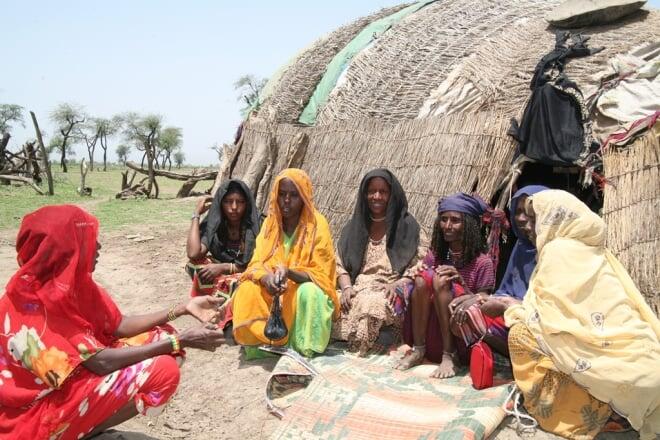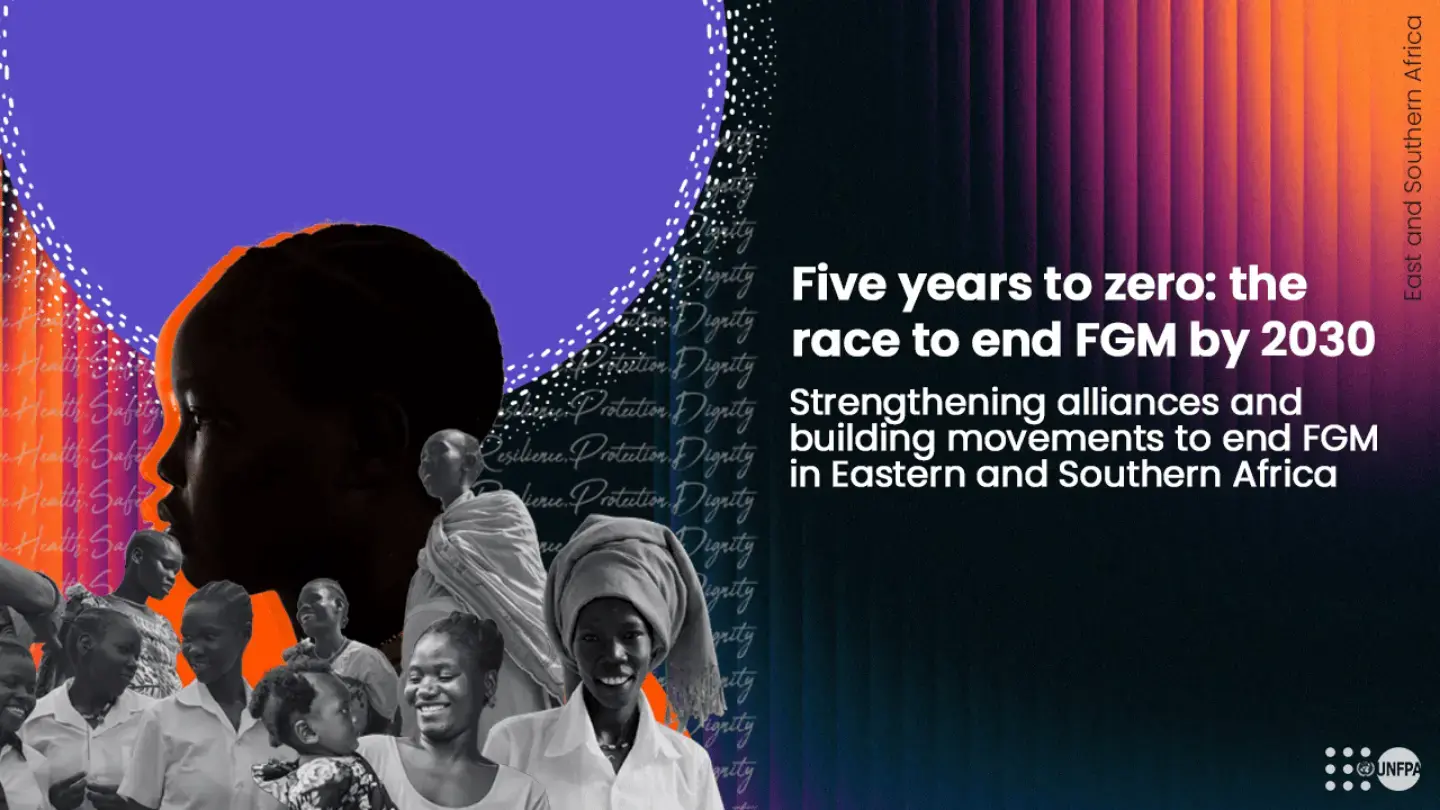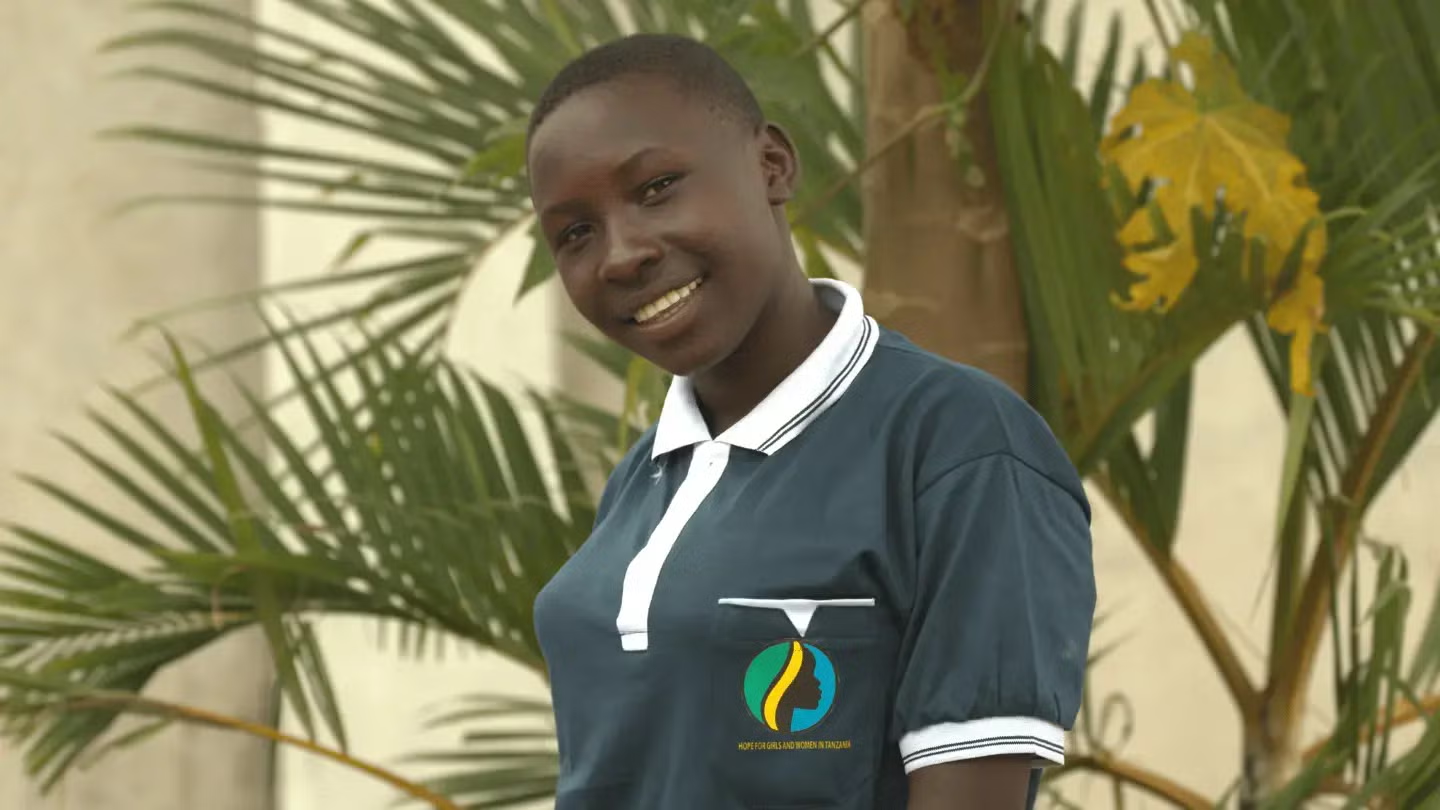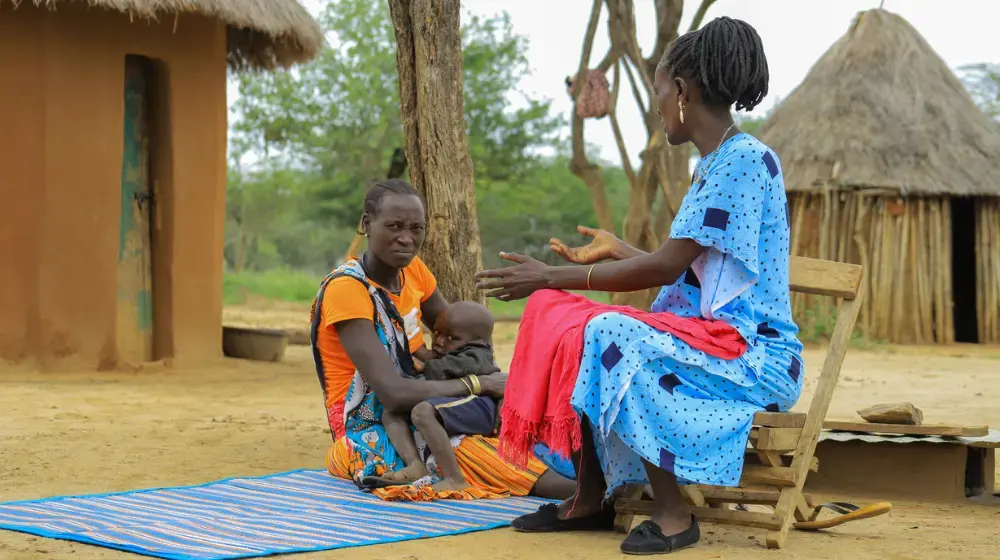Afambo, Afar Region in Ethiopia — Lokoao Mohammed Ali, 14, is glad to be part of a drive to fight child marriage and end female genital mutilation/cutting (FGM/C) in her area in north-eastern Ethiopia. She knows that this intervention will help ensure that she and countless others will be able to pursue their education, spared from the ordeals of child marriage and FGM/C.
The softly spoken girl with a slight build, currently in grade 8, says: “I am much better off attending school than getting married.”
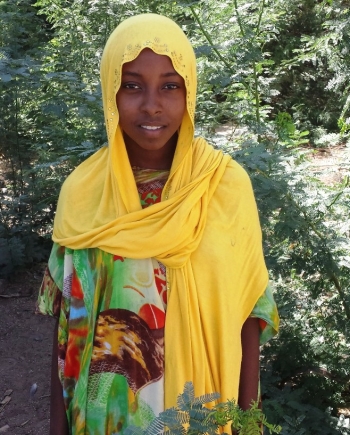
Thanks to the training she received through this intervention, she is very aware of the desvastating consequences of child marriage and FGM/C.
Lokoao is a member of a number of clubs in her school. Child marriage and FGM/C are among the priority issues the clubs take up in their regular discussions. In addition to the peer education they are involved in at school, Lokoao and her fellow students teach people in their community about the consequences of these harmful traditional practices. When they hear of prospective cases of child marriage and FGM/C endangering the health and prospects of their fellow female students, they report them to the school administration for the latter to take it up. Their action has resulted in some of the culprits being brought to justice.
The school component is part of the intervention in the Afambo District, where efforts are being undertaken to fight child marriage and FGM/C in an integrated manner. This district has registered promising achievements over the past couple of years in the fight to abandon FGM/C. “The intervention in the Afambo District is the first of its kind in the Afar Region,” says Amina Musa, Core Process Owner on Gender and Gender-Based Violence with the Afar Bureau of Women, Children and Youth Affairs. “It attempts to address the challenges of child marriage and FGM/C in an integrated manner.”
The intervention is being supported by UNFPA through funding secured from the UN Association in Sweden. It is coordinated by the Afambo District Women, Children and Youth Affairs Office and is carried out in seven localities. As the Ethiopian Government is attempting to attain Millennium Development Goal 2, of ensuring universal access to primary education, aggressive efforts are being made by the Afar Regional Government to increase school enrolment, especially among girls.
However, some parents and influential community leaders are countering this effort by marrying off their daughters early, and statistics show that the incidence of child marriage has actually increased in the region in recent years. The Ethiopian Demographic and Health Survey of 2011 placed the Afar Region second in terms of prevalence of child marriage in the country.
Parents have expressed their concern that if their teenaged girls are allowed to continue going to school they may engage in pre-marital sex and risk early pregnancy, bringing disgrace to their family, community and clan. They also worry that their girls would stop obeying them.
In the Afar Region, the prevalence of FGM/C remains very high at 60 per cent, despite progress made in recent years. The practice is highest in this region, according to the 2011 Welfare Monitoring Survey.
The Afambo District Women’s, Children’s and Youth Affairs Office is working on the intervention coordinating a committee of representatives from the district administration, religious and clan leaders, school administration and parent-teacher associations. This collaboration has been replicated in the seven areas of the intervention and involves other influential players at the community level, such as traditional birth attendants, former circumcisers, and Health Extension Workers (community health workers).
Law enforcement bodies are closely involved. Training on the harms of child marriage and FGM/C and the course of action to be followed in the fight against these practices has been provided to all parties involved at each level. A consultative discussion brought together the involved parties and a decision was taken to work jointly to end these two practices. Community conversations are being held in the areas every two weeks.
The committees have the task of raising awareness in their communities and gaining support against child marriage and FGM/C. They also monitor their areas to ensure that cases of child marriage and FGM/C don’t take place or are reported to the relevant law enforcement bodies.
The integration of these two efforts is paying dividends. Traditional birth attendants and former circumcisers are increasingly referring women to health institutions to give birth. This is boosting institutional delivery and supporting the country’s efforts to reduce maternal mortality, which remains very high in the Afar Region.
Efforts are being made to ensure that girls continue going to school and are spared from marriage before the age of 18 years. In addition, religious leaders are increasingly spreading the message that FGM/C is a condemned practice and that it is not condoned either in the Holy Koran or in the Hadith. Religious leaders who have taught otherwise have been challenged and some have appeared before the law as a result.
The fight against child marriage faces strong challenges, more so than FGM/C. According to Afar tradition, a girl is ready to enter into marriage upon the onset of menstruation. Adding to this is the tradition of Absuma, in which a girl is obliged to marry her eldest first cousin. Parents may hold the assumption that if their girls are allowed to continue with their schooling, they would meet and marry someone other than their Absuma. Across the region, many tragic cases occur of girls being pressured into Absuma marriages committing suicide in response.
But optimism prevails in Afar. As the effort is being carried out in an integrated manner, there is hope that change is inevitable. The intervention would be strengthened, however, if in addition to the involvement of law enforcement bodies the Afar Region adopted a Family Law taking into account the specific conditions of the region. This would provide a legal framework for the fight against child marriage. The effort could also benefit from excursions to other regions to share experiences, especially in the Amhara Region, where interventions to prevent child marriage have been highly successful.
To date, about half a dozen districts in the Afar Region have publicly declared their abandonment of FGM/C. Despite progress made thus far in Afambo District, no such declarations have been made yet. Gauging current levels of optimism, however, the district could well be the first in the region to abandon child marriage and FGM/C simultaneously.
As for Lokoha, she is looking forward to taking her primary school leaving examination at the end of this year and is considering pursuing a career in medicine on completion of her schooling.
~ Abraham Gelaw

